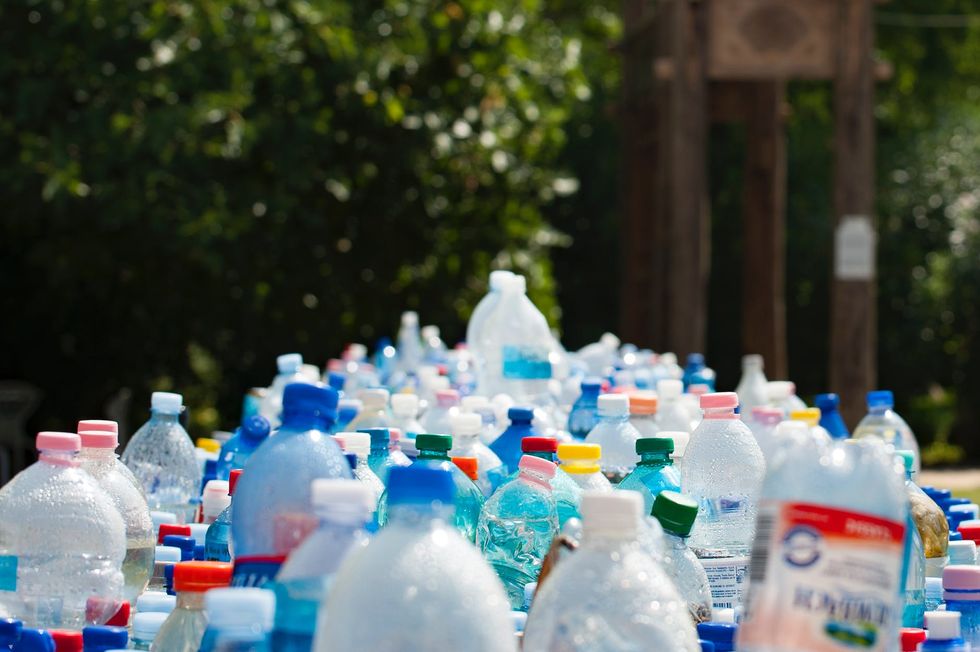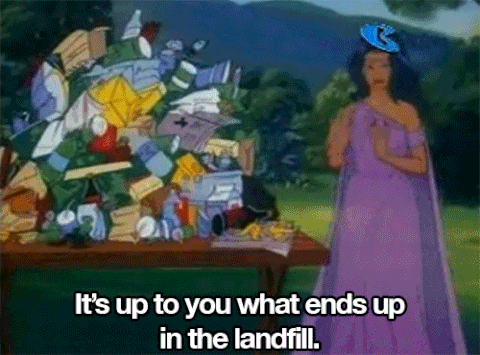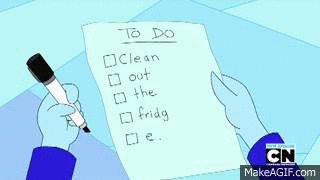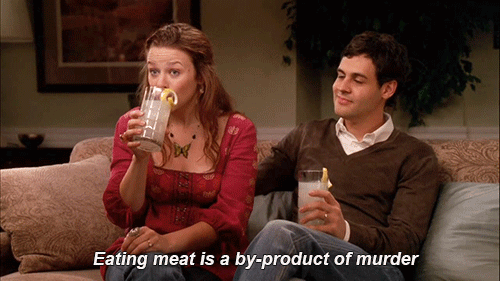Have you ever thought about how the human race doesn't treat Mother Earth like their own mother? We litter, produce tons of waste, and overall pollute the world that surrounds us.
In order to show that we care about the planet and its inhabitants (not just us, but other people, animals, and plants), we need to take major steps to become more eco-conscious and sustainable. One of these steps is to have a zero waste life and push society to have zero waste, too.
Though it won't happen overnight, here are some steps to kickstart an eco-friendly way of life.
1. Ditch plastic utensils and straws.
Many people depend on plastic forks, knives, and spoons when they eat out or don't feel like washing dishes. The same goes with straws. Straws are actually one of the worst pollutants. They can't be recycled and take hundreds of years to break down. More than 500 million straws are used daily, and they are found across the globe in oceans, beaches, and landfills.
Ditch these harmful products and go for reusable kits (like wood or titanium) and purchase some metal straws on Amazon. Remember: say no to plastic straws when you go out to eat!
2. Buy a reusable water bottle.
Don't ever be like Trump... except for right here. Avoid single-use plastic bottles and buy some reusable ones instead.Hundreds of millions of bottles are used yearly (if not monthly) and horribly affect the environment.
Not only will you be lessening your waste, but you will find that you drink more water when you bring a Hydroflask, Klean Kanteen, or other brand with you everywhere.
3. Say no to plastic bags.
Imagine the man above is the Earth. You don't even have to imagine it, because that's basically what's happening now. Yearly, over one trillion plastic bags are used globally (that's 100 million barrels of oil). By using reusable bags that you can bring to the grocery store or other places, you can decrease the amount of bags in your home and in the ocean.
4. Start to compost.
Like the kids of Captain Planet said, be wary of what you throw out. Most of what makes up someone's garbage is wasted food or scraps. When these are taken to the landfill, they can't even degrade properly because of all of the other material and products thrown out.
By making small compost in your kitchen or a larger one outside, you can throw out scraps (and unused food) that will breakdown in a sustainable way. If you don't want to have too much work maintaining a compost, you can bring your composted foods to local waste management facilities, co-ops, or community gardens.
5. Budget, budget, budget.
Tons of households and college students purchase food that might not even be used in the long run. Not only does this produce more waste, but it also wastes your own money.
By budgeting, you know exactly what you're going to buy and how much you're going to spend. This also makes you stop lingering in the grocery store for things you don't really need (like those pizza rolls or fiery Cheetos).
6. Do a pantry/refrigerator challenge.
You don't have to clean out the pantry or fridge like you see your mom do every year. By having a challenge in your house (with family or roommates), you can use all of the items you already have. This saves you money, will give you more storage eventually, and lessens your waste.
7. Go to farmer's markets or local shops.
Farmer's markets or local stores are so helpful when it comes to reducing waste. You can get cheaper items (sometimes in bulk) that are organic and non-GMO as well as avoid foods that aren't wrapped in plastic. Supporting local places helps out those in need and doesn't give more money to grocery stores that waste a lot of food.
8. Avoid specific brands.
Say no to big brands like Starbucks, Acme, Shoprite, H&M, etc. A lot of these stores or companies treat the environment pretty badly. From customers using too much single-plastic coffee cups to throwing out large bulks of food, you can find some great alternatives to big-name brands that produce a lot of waste. Go to local coffee shops or markets, and get clothes at thrift stores or second-hand shops.
9. Become a vegetarian or vegan.
One of the best things you can do is become a vegetarian or vegan. By cutting out meat or animal by-products, you are actively avoiding one of the biggest industries of waste and carbon emissions. Food industries pump greenhouse gases into the atmosphere and treat the animals horribly. Plus, vegan food is pretty damn good, too. There are tons of restaurants that cater to these specific diets and awesome recipes online.
10. Take action and make change.
Though you're dedication to reducing waste means a lot, imagine how much it would do if you took action and made change. By encouraging your friends to follow these steps, volunteering at community gardens, or helping out with community clean-ups, you'd be doing a lot more than just changing your life. The Earth has done so much for us to thrive, and now it's your turn...no, our turn, to give back.
















